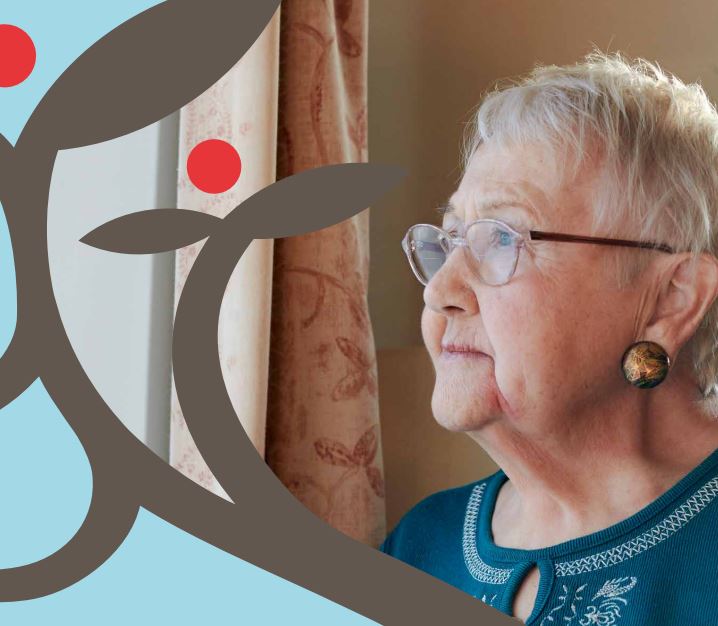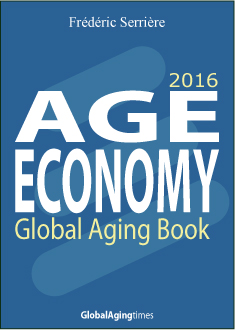The report by Independent Age is about the financial circumstances of the group of older people who lived through the Second World War – sometimes called the ‘Silent Generation’. Our new analysis of incomes data (primarily the Family Resources Survey) looks at the differences between groups of older people and identifies those who are at risk of being forgotten on low incomes.
The findings stand in stark contrast to the ongoing narrative of intergenerational unfairness, which tends to focus on better-off older people. Too often this debate takes arguments that are true for better off ‘Baby Boomers’ and applies it to all pensioners – irrespective of their age or financial circumstances. In the worst cases, the debate leads to policy calls that would have a significant negative impact on older people with low incomes.
The analysis shows that those aged 75 and over live on lower incomes, on average, than younger adults. Many are living in poverty and are unlikely to see significant increases in their income during their lifetime.
The report reveals that:
• older pensioners’ incomes are on average £59 a week lower than younger pensioners, and £112 a week lower than working age adults, or almost £6,000 a year
• a fifth of those aged 75 and over are living below the poverty line, including a quarter of single women aged 75 and over
• over 75s are also twice as likely as under 75s to have been in poverty persistently for the last four years
Being on a low income can make it a struggle to afford the things you need as you get older: paying for transport (such as taxis), getting help around the home, keeping your house warm and in a good state of repair, and meeting non-prescription health costs. It can also affect your ability to stay connected with friends and family
Among the over 75s, women, single people and renters are particularly likely to be overstretched financially. Beatrice, below, highlights what it’s like to be trapped on a low income as an older person.
Many in this age group are entitled to means-tested or disability benefits but don’t receive them, meaning that they struggle on low incomes, despite their greater need for support.
Indeed, many have no source of income apart from the state.
• Nearly three quarters of a million over 75s have no source of income other than the State Pension and benefits. Nearly a quarter of single women aged 75 or over (400,000 women) are completely reliant on state financial support.
• Over 75s are less likely than younger pensioners to receive Pension Credit when they are eligible. Of the 1.9 million over 75s who are estimated to be eligible for Pension Credit, 39% (around 750,000 people) don’t claim2.


